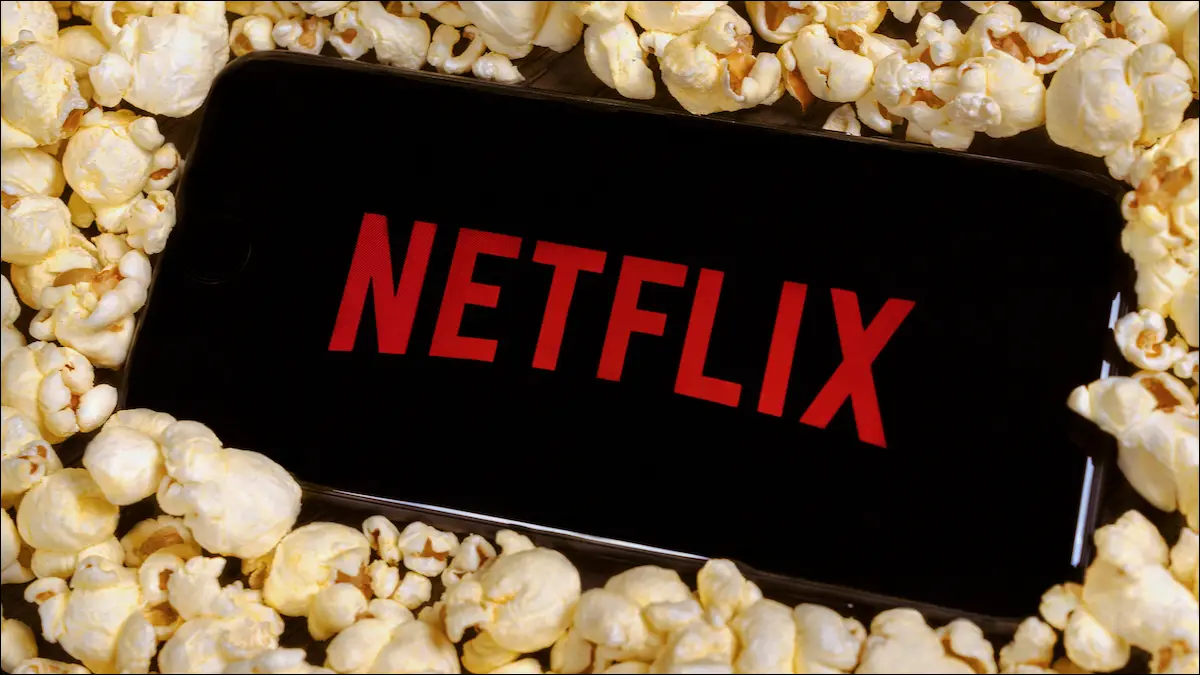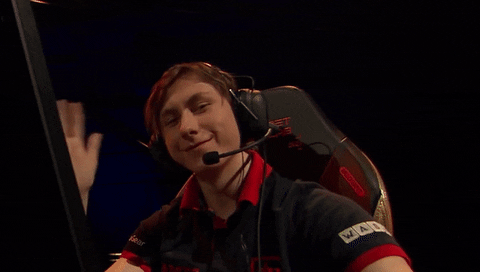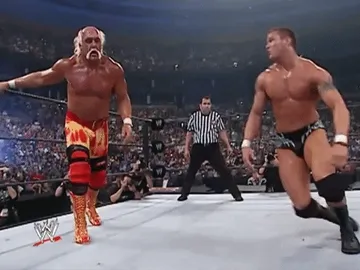The world of sports entertainment is set to change forever as WWE and UFC announced on Monday that they will merge to create a new publicly traded company with a combined enterprise value of $21.4 billion. The deal will see the formation of a new entity that houses the two brands, with Endeavor Group Holdings holding a controlling 51% stake and existing WWE shareholders owning the remaining 49%. The new company will be led by Endeavor CEO Ari Emanuel, with WWE executive chairman Vince McMahon and UFC president Dana White retaining their respective roles.
What's New: The merger of two of the biggest names in sports entertainment is an unprecedented move that could reshape the industry. The new company will have a collective fanbase of over a billion people and will look to maximize the value of combined media rights, enhance sponsorship monetization, develop new forms of content, and pursue strategic mergers and acquisitions to further bolster their brands. With stars like Brock Lesnar and Ronda Rousey already crossing over between WWE and UFC, the merger could pave the way for even more exciting crossovers and collaborations.
Why It Matters: The merger of WWE and UFC creates a live sports and entertainment powerhouse that has the potential for tremendous growth. By combining their fanbases, media rights, and sponsorships, the new company can offer unique opportunities to brands and marketers looking to reach a diverse and passionate audience. Moreover, the merger could also lead to new technologies and innovations that could change the way we experience sports entertainment.
Why You Should Care: The merger of WWE and UFC offers a chance to tap into a massive and devoted fanbase. Partnering with the new company could unlock new avenues for growth and innovation, helping you stand out in a crowded market. And as a sports entertainment fan, get ready for an exciting new era filled with epic crossovers and collaborations that could blow your mind!
Credit: CBS News
Netflix streamlines film production for bigger and better blockbusters
Credit: www.techcrunch.com

Netflix is shaking things up in its film production, promising fewer but higher quality movies as it restructures its smaller units. This move comes after the streaming giant revealed its 2023 original films lineup of 49 titles, a significant drop from the 85 original films last year. While the move has led to some layoffs, including two long-time executives, Netflix insists it is simplifying its structure and preparing for the next phase of growth.
What's new: As part of the restructuring, Netflix is merging its film units that produce small and midsize films, with chairman Scott Stuber looking to reduce the company's output of films to ensure higher quality. One of the most notable executives leaving the company is Lisa Nishimura, who helped establish Netflix's original documentary and stand-up comedy divisions, responsible for hits like "Making a Murderer" and "Tiger King". Another is Ian Bricke, who spearheaded successful rom-coms like "The Kissing Booth" and "To All the Boys I've Loved Before".
Why it matters: Netflix is known for its original content, and its films have been a huge part of its success. This move to streamline its film production and focus on quality over quantity could result in more hit movies and increased revenue for the streaming giant. While there have been some layoffs, this restructuring sets Netflix up for long-term success and signals its commitment to being a world-class film studio.
Why you should care: If you're in the brand and licensing industry, this move by Netflix could have implications for your business. With a focus on producing fewer but higher quality films, there could be more opportunities for licensing deals and partnerships with Netflix for successful movie franchises. Additionally, this move shows that Netflix is committed to investing in its original content and maintaining its position as a leader in the streaming industry.
Esports Sponsorship in a Bind: Are Sponsors Losing Their Mojo?
Credit: www.digiday.com

The glory days of esports sponsorship seem to be fading, leaving brands wondering whether to continue investing in the industry. As the hype dies down, sponsors are starting to question whether they're seeing the returns on investment they expected. With esports execs struggling to explain why sponsoring organizations is one of the best paths to brand exposure, it's no surprise that more marketers are becoming hesitant about pouring their dollars into the industry.
What's New: As player salaries continue to soar, the cost of esports team sponsorship has become a major obstacle for sponsors. Brands like BMW and HP have stopped sponsoring esports organizations altogether, while others have adopted a more pragmatic approach to sponsorship. Mercedes-Benz, for example, sponsors far more competitions and events than teams, partnering with dozens of esports organizations rather than just a few.
Why it Matters: Expensive brand deals were perhaps the first domino to fall in the financial profligacy of esports teams. It led to overspending elsewhere, with teams using bloated fees from sponsors and venture capitalists to pay players too much and build businesses that could not sustain on their own. As a result, brands are becoming more cautious about their esports sponsorships, and esports organizations may need to reconsider their business models to remain financially sustainable.
Why You Should Care: If you're a brand or a marketer looking to tap into the lucrative esports market, it's important to be aware of the challenges that come with sponsoring organizations. While esports sponsorship can offer significant exposure, it may not necessarily drive direct sales, and it can be difficult to measure the return on investment. By adopting a more pragmatic approach and partnering with individual creators or sponsoring events and competitions, you can potentially achieve better results for your investment. And if you're an esports organization, it's time to start rethinking your business model and finding ways to stay financially viable without relying on bloated sponsorship fees.
Hershey Rocks the Snack Aisle with Investment in Jonas Brothers-Backed Popcorn Brand
Credit: www.just-food.com

Summary: Hershey, the US confectionery giant, has invested in Rob's Backstage Popcorn, a local snack brand co-founded by the Jonas Brothers and e-commerce platform The Naked Market. The brand has raised $7m in a Series A funding round and plans to roll out its products nationwide to major retailers, including Walmart, Kroger, Albertsons, and Sam’s Club. Hershey's investment comes as the company continues to expand its range of snacks and follows similar investments in SkinnyPop and Irish snack bar maker, Fulfil.
What's new: A number of celebrities, including Priyanka Chopra Jonas, Ryan Tedder, and Mindy Kaling, also invested in the funding round, which was led by Norwegian DJ Kygo’s venture firm Palm Tree Crew and backed by United Talent Agency's investing arm UTA Ventures. Rob's Backstage Popcorn has also recently launched two new products in collaboration with singer Kelly Clarkson and actress Priyanka Chopra-Jonas.
Why it matters: With this investment, Hershey is diversifying its portfolio and expanding into the popcorn market. The company's previous investments in SkinnyPop and Fulfil demonstrate its commitment to exploring new snacking opportunities, and this latest move further cements its position in the snacking aisle.
Why you should care: Popcorn has been experiencing a renaissance in recent years, with innovative brands like Rob's Backstage Popcorn pushing the envelope on flavor and packaging. With Hershey's investment, Rob's Backstage Popcorn is poised for national expansion and could be coming to a store near you soon. Plus, with celebrity backing from the likes of the Jonas Brothers and Priyanka Chopra Jonas, this popcorn brand is sure to make a splash in the crowded snack market.
